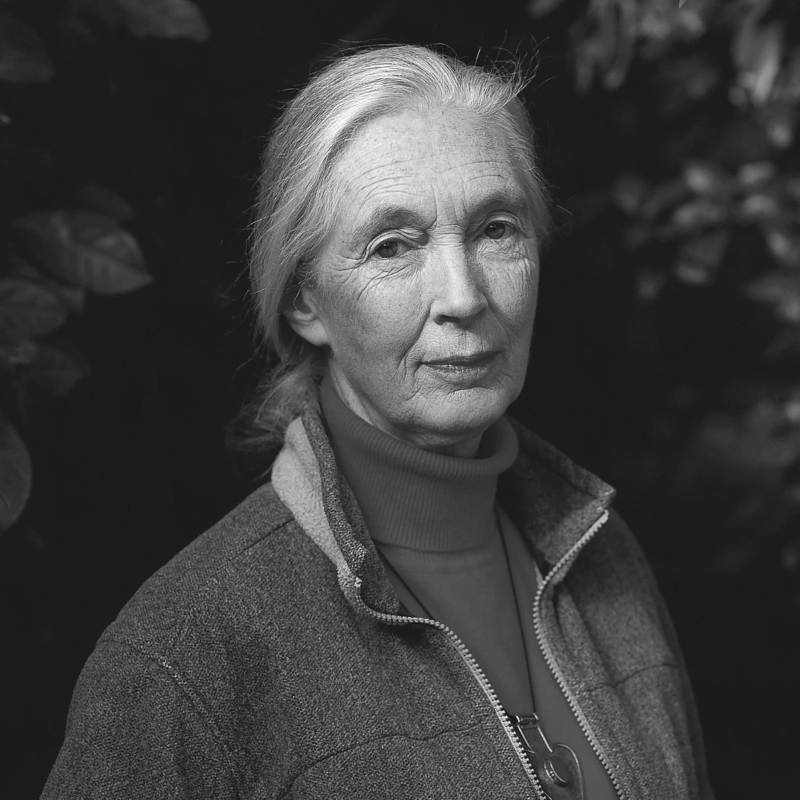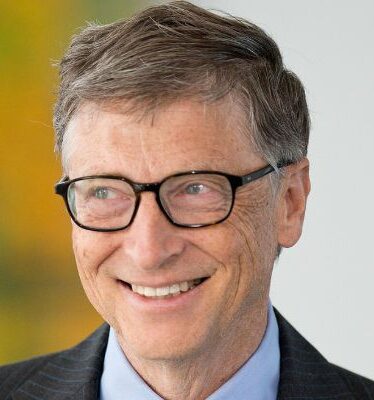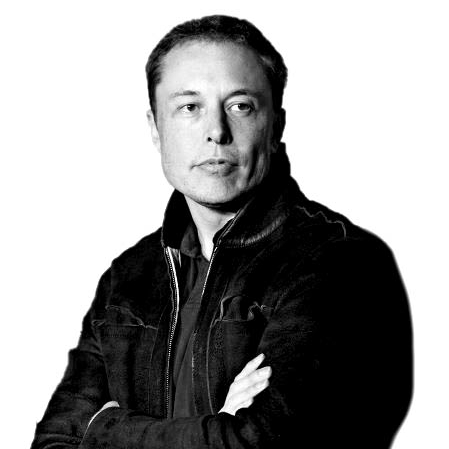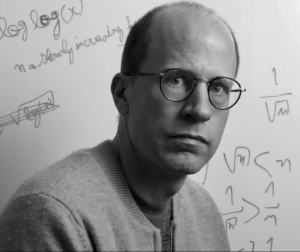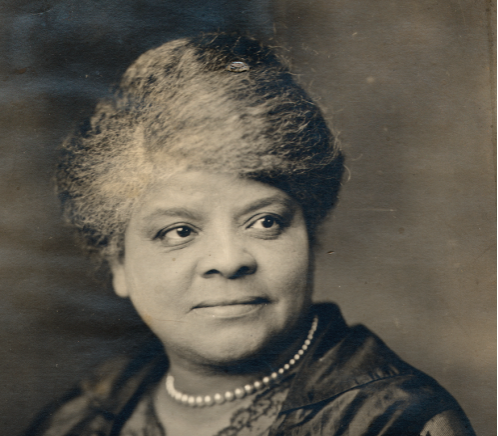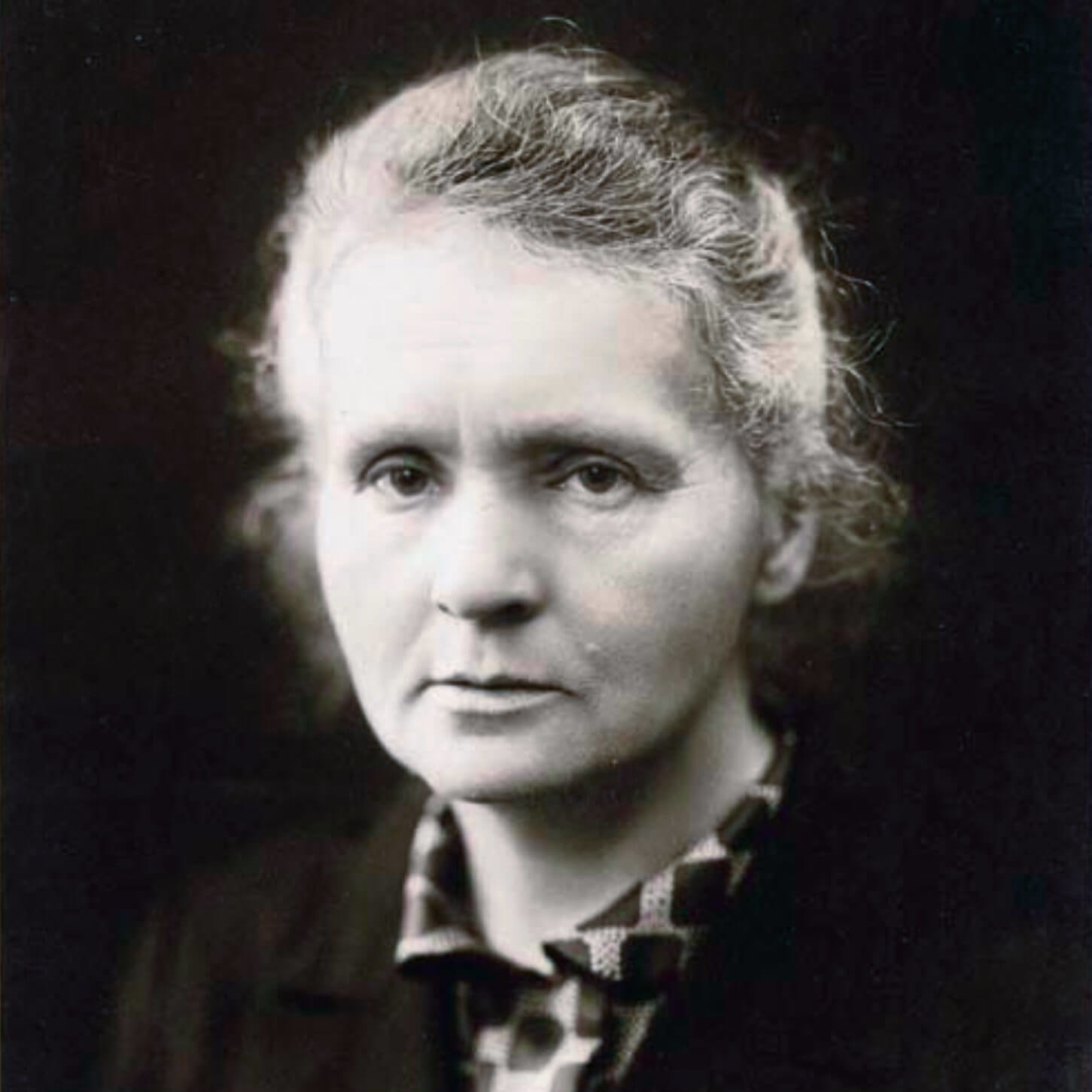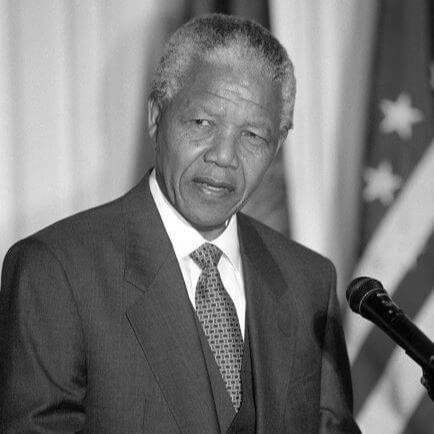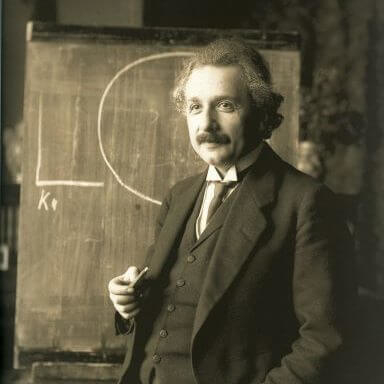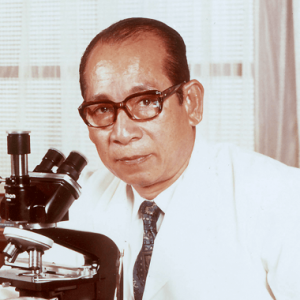Impact
UP QUOTES
“We can not solve our problems with the same level of thinking that created them.”
We look for overlooked areas of need and then do whatever it takes to create net impact as cost-effectively as possible.
Our approach could be summarized by the phrase, “Think differently”. Ironically, that means we might create more impact than is assumed but it also means it is somewhat harder to evaluate that impact.
But the very short story is, we’ve directly served 250+ people and 50+ organizations in a 1-on-1 capacity to move them to higher impact ways of operating in the world. We’ve also reached and plausibly impacted thousands more online. We’ve influenced people’s career choices, philanthropic choices, productivity, health, emotional wellbeing, financial wellbeing, eating choices, purchasing choices, and so on.
For those we served that were leading organizations, we usually offered strategic advice and/or hands-on tactical support for their organizations, which likely had a substantial ripple effect outside of our direct work with leadership. We would often dive in during moments of crisis and firefight alongside the leaders, plausibly saving some of their organizations from dying or suffering substantial catastrophes.
We’ve always aimed to support people and organizations in only the most cost-effective, counterfactually-valuable way possible. In other words, only if it’s less expensive for us to, say, coach someone or incubate their organization, rather than letting them handle everything themselves or with their existing support system. And only in the cases where, if we didn’t step in, then the positive impact would not likely have been created.
See our outcome data from our primary interventions to date. In time, we’d like to publish a full report of our work. We welcome an outside audit and cost-effectiveness analysis. That said, we would consider a pre-registered RCT of our current interventions to be far more useful to do as these interventions have evolved over the years. See our manifesto and science pages on the nuances involved in collecting genuinely useful data, especially for early-stage organizations.
And although testimonials are often deeply misleading, they can sometimes be helpful to illustrate impact on an emotional level. To that end, we regularly hear things like:
- “[UP] is the best thing I’ve ever seen.”
- “You’re like a guardian angel.”
- “Thanks!!! You’ve already helped me a lot.”
- “This seems too good to be true. How can you offer so much?”
- “Almost none of the shit I went through would have happened if I had continued working with you.” (Referring to losing hundreds of millions of dollars of equity)
Also see a short list of some of the people and organizations we’ve served. Note most were very limited engagements (e.g., mostly a single advisory call or coaching session or sometimes a Focus Day dedicated to their most valuable projects). We included an asterisk next to those we had more involvement with (e.g., usually dozens to hundreds of hours).
- 80,000 Hours (advised)*
- Adam Tury Coaching (advised)
- Ansh (advised)*
- AI Safety Support (advised)
- Bay Area Futurists (managed)*
- Bali Impact Community (founded)*
- Better (advised)
- Bunker in Paradise (founded)
- Business Skills Coaching for EAs (advised)
- Centre for Effective Altruism (advised)
- Centre for Enabling EA Learning and Research (advised)
- Clearer Thinking (advised)
- Center for Existential Safety / Collective Action for Existential Safety (founded)
- Condor Initiative / Condor Global Southeast Asia (advised)
- Effective Altruism Bali (managed)*
- Effective Altruism Bay Area (founded)*
- Effective Altruism Global (co-founded via Self Spark, Upgradable’s predecessor)*
- Effective Altruism Houston (advised)
- Effective Altruism Singapore (advised)
- Effective Self Help (advised)
- Effective Thesis (advised)
- Eon V Labs (advised)*
- Flourishing Humanity Corporation (advised)
- Focusmate (advised)
- Foresight Institute (advised)
- Future Forum (advised)
- Hippo (advised)
- Impact Academy (advised)*
- Intend (advised, created a product together)
- International AI Governance Alliance (created)
- GiveWiki (advised)
- Global Catastrophic Risk Institute (advised)
- Lynette Bye Coaching (advised)
- Momentum (advised)
- Nonlinear Productivity Fund (advised)
- OpenAI (advised AI safety researcher)
- Open Heart Capital (advised)
- Open Principles (advised)
- PauseAI (advised)
- Pineapple Operations (advised)
- [Private] AI Safety Lab (advised)
- [Private] AI Safety VC Fund (advised)*
- [Private] Impact-focused Cryptocurrency Company (advised, contracted for)*
- [Private] Impact-focused Cryptocurrency Hedge Fund (advised, contracted for)*
- [Private] Impact-focused Finance Company (advised)*
- [Private] Social Impact VC Fund (advised, contracted for)*
- Rational Animations (advised)
- Rethink Wellbeing (advised)
- Roam (advised)
- Robert Miles AI Safety (advised)
- Sebastian Schmidt Coaching (advised)
- School of Thinking (advised)
- Singapore Futurists (founded)*
- The Inside View (advised)
- Timaeus (advised)
- VIVID (advised)
For the sake of comparison, the most similar organization to us that we know of is 80,000 Hours, which as of 2024 has spent £30.9M to reach 10M readers, advise 5,000 people, and influence 3,000 of them to more impactful careers. We estimate they spent 300,000-500,000 hours of time to do this. The second most comparable organization was Atlas Fellowship, which spent approximately $13.8M to deeply serve and catalyze 230 people. We estimate they spent 50,000 hours of time to do this. It died due to not having a sustainable business/funding model and not showing enough impact per dollar spent.
As of 2024 Upgradable has spent $0 philanthropic dollars and 18,000 hours to serve 250+ people in a 1-on-1 capacity, of which several dozen were relatively deep interventions. We’ve also secured millions of dollars in pledges for high-impact initiatives and released a 450+ page life optimization guide that we hope will reach millions of people in time and guide them to higher impact ways of living. Note we’ve done essentially no promotion over the years as our demand has historically exceeded our capacity to serve.
Although we haven’t taken any capital in yet, the Centre for Effective Altruism did front us a small amount to create Effective Altruism Global in 2015. But overall our costs are almost all time and some potentially displaced money our clients could have donated to other impact-focused organizations. If those potentially displaced donations would have done more good elsewhere, then we might have actually hurt the world. We were extremely careful to prevent this. Especially given we’ve helped our clients sometimes create millions of dollars which they plan to donate back into doing the most good, we think this concern is very limited. To date, our clients have told us they’ve categorized their expenses with us in their productivity or consulting budgets, not their philanthropic budgets. By design, we were essentially entirely “upside” for the world.
We did this for several reasons: (1) to retain the ability to think and act independently of any funding agency’s worldview, (2) to reduce our risk of inadvertently hurting the effective altruism, existential/AI safety, and related movements (see our Sam Bankman-Fried mistake), (3) to avoid displacing philanthropic money from other organizations that needed it more (note capital was very scarce for much of our history), (4) to test the viability of a self-sustaining, limited profit social enterprise dedicated to doing the most good, and because (5) we were one of EA’s first major whistleblowers which hurt our ability to raise funds from the community.
We are proud of our impact to date, but we could do much more with outside capital. We now actively welcome restricted or unrestricted donations or investment. See our Request for High-Impact Initiatives for the 25+ initiatives and ventures we would like to incubate with more capital.
Most organizations won’t mention their mistakes or how they cause harm to the world. In the spirit of transparency, we do. Please take into account these when assessing our net impact.

